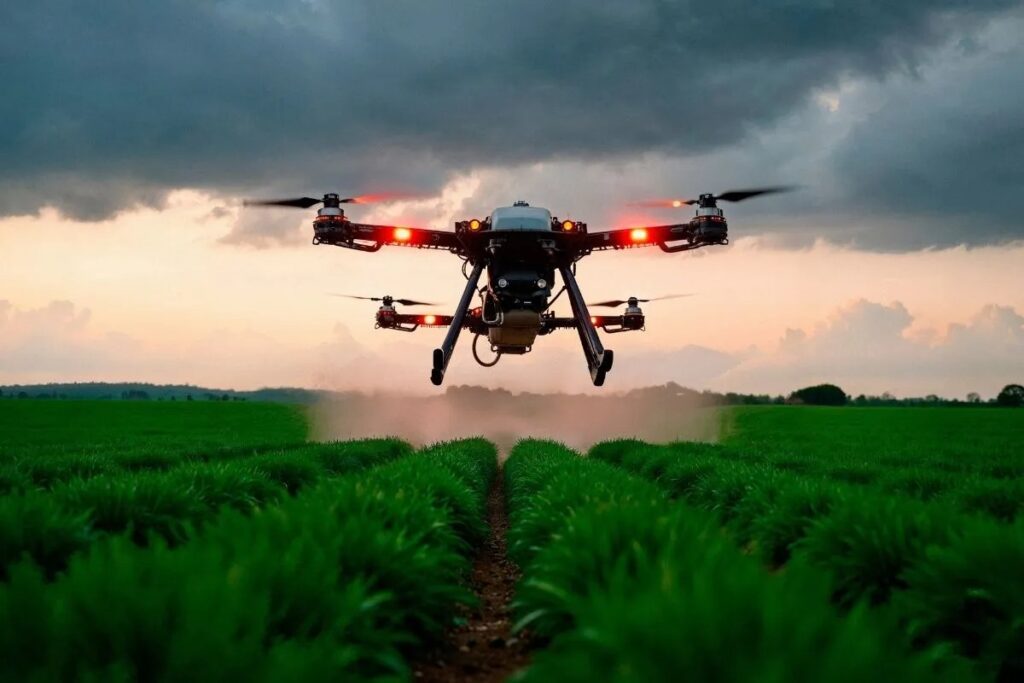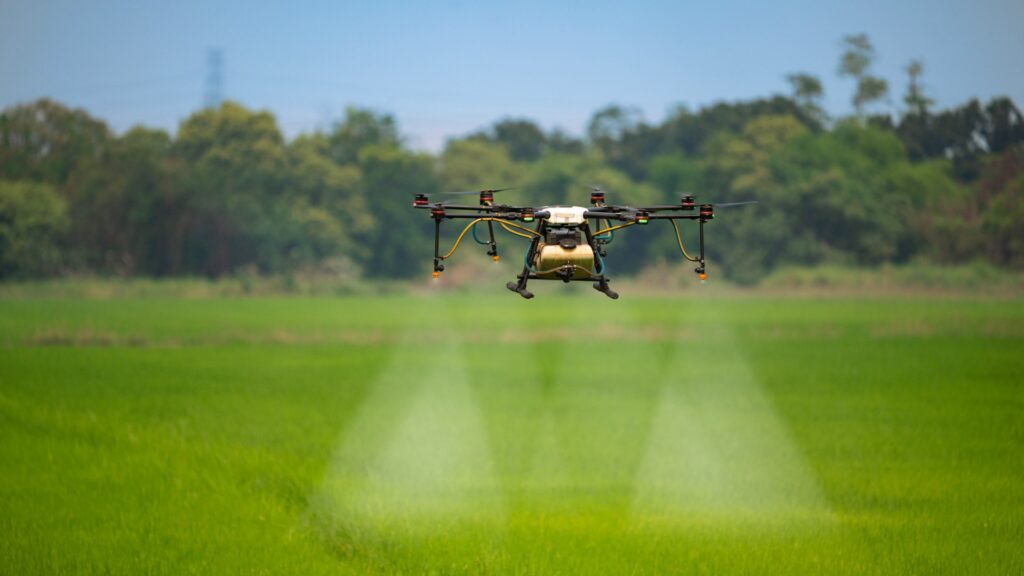The Rise of India’s Drone Workforce
India’s drone revolution is taking flight — literally. With government-backed training programs, innovative startups, and an expanding market for drone applications, the country is witnessing a surge in demand for skilled drone pilots. These certified professionals are not only transforming industries like agriculture, logistics, and infrastructure but are also shaping the future of India’s technology-driven workforce. As opportunities grow, becoming a drone pilot is fast emerging as one of the most exciting and future-ready career paths in the nation.
Recently, the Haryana Scheduled Castes Finance and Development Corporation (HSFDC) launched a groundbreaking initiative to train youth from marginalized communities in drone operations. This effort not only promotes social inclusion but also equips participants with high-demand technical skills — a move that perfectly aligns with Dronevex’s mission to advance drone education, awareness, and adoption across India.
Under the new Haryana initiative, 26 youth candidates have been selected for specialized drone operation training. The program focuses on helping them build practical and regulatory skills that will make them employable in industries like:
Agriculture mapping and precision farming
Infrastructure inspection
Surveillance and security
Logistics and delivery services
Cinematography and content creation
Each participant will undergo hands-on sessions covering drone assembly, navigation, maintenance, safety, and compliance — key aspects of professional drone piloting.
The eligibility criteria for trainees were designed to ensure accessibility:
Age group: 15–45 years
Education: Minimum 10th pass
Annual family income: ≤ ₹3 lakh
Category: Scheduled Castes
This inclusive design empowers communities traditionally underrepresented in tech fields, bridging the gap between social mobility and modern technological growth.

India’s Expanding Aerial Economy
To understand the potential impact of such training programs, consider the following industry insights:
| Metric | Details (India 2025) | Source / Context |
|---|---|---|
| Estimated Drone Industry Value | ₹900 crore (2023) → ₹2,500 crore+ by 2025 | Ministry of Civil Aviation |
| Job Opportunities | Over 10,000 drone operator roles expected by 2026 | FICCI–EY Drone Report |
| Government Certified Drone Pilots | ~4,000+ certified as of mid-2024 | DGCA, India |
| Average Cost of Basic Drone Training | ₹30,000–₹65,000 per candidate | DGCA-certified institutes |
| Drone Application Sectors | Agriculture (32%), Infrastructure (21%), Media (18%), Logistics (12%), Others (17%) | NITI Aayog 2024 |
| Average Drone Pilot Starting Salary | ₹25,000–₹40,000/month (entry-level) | Industry estimates |

Skill Development with Social Impact
The HSFDC drone training initiative stands as a powerful example of how technology can be leveraged for inclusive growth and social transformation. By combining digital innovation with community empowerment, it bridges the gap between opportunity and accessibility — creating a blueprint for how India can train the next generation of certified drone pilots.
It goes beyond traditional education — offering hands-on technical training, exposure to cutting-edge aerial technologies, and practical knowledge of flight control, maintenance, and troubleshooting. This holistic approach prepares trainees to step directly into the workforce as qualified drone professionals, capable of contributing to both government and private-sector projects.
By equipping youth with drone operation and compliance skills, Haryana’s program is nurturing a generation ready to take on specialized roles in agriculture mapping, surveillance, logistics, and environmental monitoring.
Why Drones Are India’s Next Big Opportunity
India stands at the threshold of a technological revolution, and drones are rapidly becoming a cornerstone of this transformation. With their ability to optimize processes across agriculture, infrastructure, logistics, and emergency response, drones are no longer futuristic tools—they’re reshaping industries in real time.
According to the Ministry of Agriculture, the adoption of drone-based spraying and mapping has the potential to boost crop productivity by 15–20% while simultaneously reducing fertilizer and pesticide waste by up to 30%. This not only enhances efficiency but also supports India’s sustainability goals by promoting precision agriculture and reducing environmental impact.
Meanwhile, logistics companies are experimenting with drone-assisted last-mile delivery, particularly in rural and hard-to-reach regions where conventional infrastructure is limited. This innovation could redefine the speed and accessibility of deliveries across India, creating a massive demand for skilled drone pilots and technicians who can operate, maintain, and innovate within this emerging ecosystem.
For a nation where over 65% of the population is under the age of 35, the rise of drones represents more than a technological shift—it’s an employment revolution. Drone education and pilot training programs are providing young Indians with pathways to future-ready, sustainable careers that combine technology, creativity, and real-world problem-solving. With each new initiative, India takes one step closer to becoming a global hub for drone innovation and skilled aerial operations.
Conclusion: From Training to Transformation
The Haryana initiative to train youth in drone technology represents far more than a state-run program — it symbolizes a forward-looking vision for India’s evolving workforce. As drones continue to reshape industries from agriculture and logistics to infrastructure and filmmaking, the demand for skilled drone pilots is rapidly growing. This program not only equips young individuals with valuable technical expertise but also empowers them with confidence, independence, and employability in one of the most dynamic fields of the digital age.
By investing in drone education and skill development today, India is laying the groundwork for a generation of innovators, technicians, and leaders who will define the country’s technological future. Initiatives like these highlight how focused training and inclusivity can transform aspirations into opportunities, ensuring that the nation’s youth are not just ready for the future — they are prepared to lead it.
At Dronevex, we celebrate and support such efforts, believing that the sky should never be the limit — it should be the beginning.


